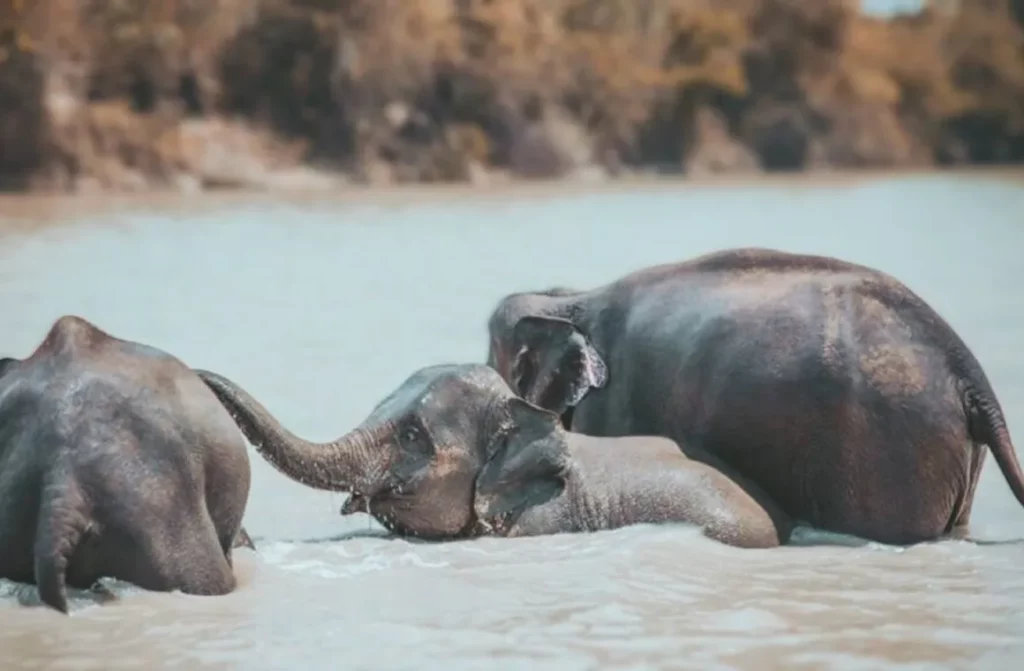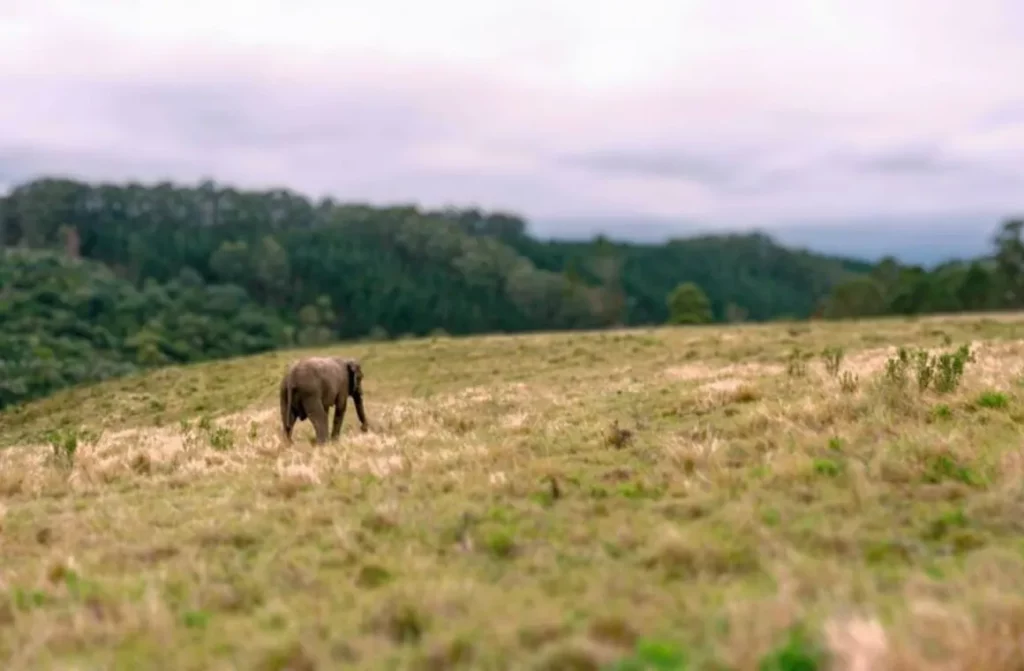The Truth About Baby Elephants in Tourism (And How You Can Help)
The Truth About Baby Elephants in Tourism (And How You Can Help)
“They’re adorable. They’re tiny. And too often, they’re suffering behind the scenes.”
Baby elephants are a huge draw for tourists. Photos of travelers hugging, feeding, or bathing tiny elephants flood Instagram. But behind these cute moments often lies heartbreak. At Eve97 Elephant Sanctuary, we believe people deserve to know the truth—and we believe in doing things differently.
Where Baby Elephants in Tourism Come From
Most baby elephants in the tourism industry weren’t born in sanctuaries. They were taken from the wild or bred in captivity to be sold. Often, they are separated from their mothers at just a few months old. This traumatic separation is deeply distressing for both mother and calf. Elephants, like humans, form deep emotional bonds—and breaking them causes long-term emotional and psychological harm.
“Training” Means Trauma
To make baby elephants behave, handlers often use a training method called phajaan—also known as the “crush.” It involves confining the baby in a small cage, depriving it of food and sleep, and beating it into submission. This process can last for weeks. The goal is to break their spirit so they become obedient and docile for tourists.
Many elephants carry emotional scars for life. They develop stereotypic behaviors like head-bobbing, swaying, or trunk biting—signs of extreme stress and trauma.
Why “Cute Experiences” Aren’t Harmless
Even activities that seem gentle—like bottle-feeding or taking selfies—are not ethical. These babies are often over-handled, deprived of rest, and used repeatedly for photo sessions. It disrupts their natural growth and learning, especially when they’re kept away from their herd.
At Eve97, we say: babies should stay with their mothers, play in the mud, explore, nap, and learn elephant behavior from their herd—not from handlers.
What We Do Differently at Eve97
- We never separate calves from their mothers.
- We never offer touching, feeding, or bathing experiences with babies.
- Our baby elephants are observed respectfully from a distance while they roam freely.
- We protect the entire herd and let them stay together as a family.
Our youngest resident, Mali, was born at the sanctuary and has never known chains, whips, or isolation. She spends her days with her mom and aunties—learning, playing, and growing up as nature intended.
How You Can Help
Every traveler has the power to choose compassion. If you want to help baby elephants, here’s how:
- Only visit sanctuaries that don’t allow interaction with calves.
- Ask questions about where the elephants came from and how they are treated.
- Spread awareness—many tourists just don’t know the harm behind the scenes.
- Support observation-only sanctuaries like Eve97.
Final Thoughts
Yes, baby elephants are incredibly cute. But they are not toys or photo props. They’re wild animals with emotions, memories, and families. When you choose to observe rather than interact, you give them something precious—freedom and safety.
Visit Eve97 Elephant Sanctuary and meet elephants the way they’re meant to be: wild, free, and full of life. Your choice matters.


